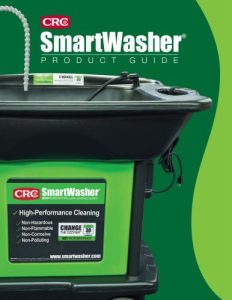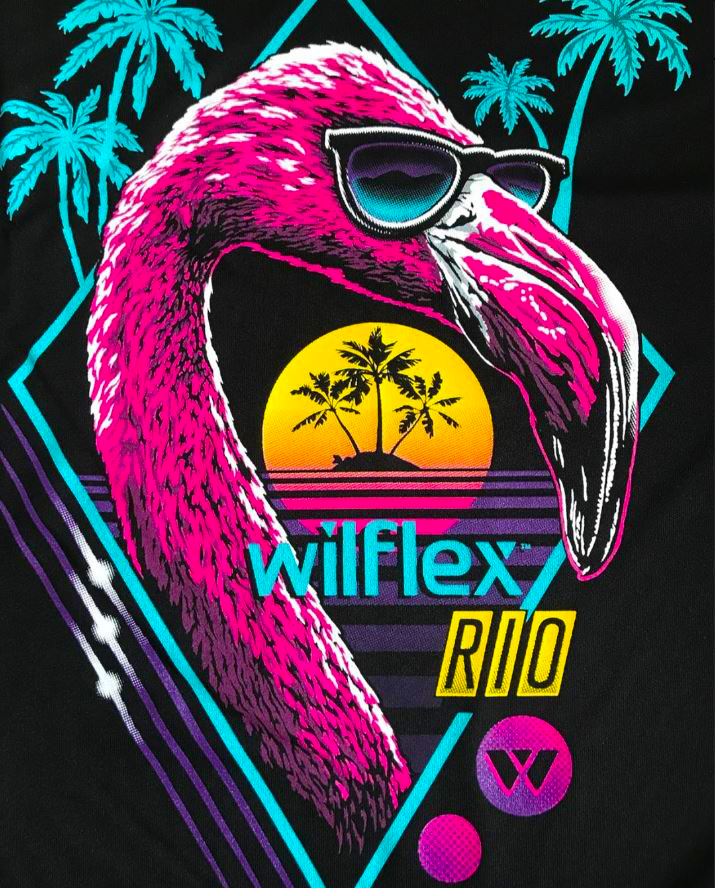When you support Acme prints, you are also actively being
Environmentally Conscious
+ Eco-series water-based inks
+ 100% soy-based plastisol inks available
+ Soy-based cleaners
+ Bamboo, recycled & organic apparel options
+ Regimented multi-step process to ensure plastisol ink residue is managed responsibly
We fancy ourselves one of, if not THE, greenest screen printer in Arizona.
In a way, that’s not saying much because screen printing is under-regulated and we really don’t have much competition in the ‘green’ category. But since we’ve always been sincere about our environmental commitment, we go far, far beyond what any company like ours has to. We offer special Eco-series water-based inks, 100% natural soy-based plastisol inks, and bamboo, recycled & organic apparel. We always use soy-based cleaners, employ multiple extra steps to ensure plastisol ink residue is managed responsibly. Keep scrolling to learn more.
Acme Prints uses a special bioremediating, non-hazardous system to remove plastisol ink from all screens, squeegees, floodbars, and spatulas to prevent plastisols from getting into landfills, sewers, and water systems. It's far cheaper for screen printers to put harsh chemicals on ink-covered equipment, spray them with a pressure washer, and simply wash everything down the drain. Which is why 99.9% of screen printers do it. Though completely legal, this process leads to chemicals from plastisols leaching into water tables and is a serious environmental threat. But we choose to pay for the extra labor and specialty equipment to prevent it. Because we're not a-holes.
Our CRC SmartWasher system employs a natural process called bioremediation to increase employee safety and literally eat hazardous waste. It combines three essential components: the SmartWasher, which is the actual parts washer, a powerful water-based degreasing solution called OzzyJuice, and a microbe impregnated particulate trap called an OzzyMat. It’s a proprietary particulate trap impregnated with natural occurring microbes. These microbes digest and break down plastisols and other carbon-based contaminants into harmless carbon dioxide and water. OzzyJuice is pH neutral, non-flammable, non-toxic, non-polluting, and doesn’t cause skin irritations.
Plastisol Inks
Oil-based plastisol inks are the standard inks used in screen printing all around the world. Fully cured plastisols are not environmentally hazardous, but un-cured plastisols pose a risk to the environment and health. The problem with plastisols is that they don’t dry and must be cured at 300+ degrees in order to no longer be in a liquid state. So the ink on your shirt poses no risk, but the ink that gets cleaned off the printer’s screens, squeegees, spatulas, etcetera, usually goes down their drain. Presently, this is completely unregulated.
Recycling
Plastisol Inks
Our new, specialized plastisol ink mixing system allows us to take our custom Pantone ink mixes and reuse them as ingredients to make new Pantone inks. Nifty, eh?
Since there are almost 2,000 Pantone colors, and storing a bucket of ink for each one would take up an enormous amount of space – just on the off chance that someone will order that exact ink mix before the ink sits too long – most shops throw the vast majority out eventually. Those all go to landfills and leach into water tables. No bueno bro.
Environmental Action
Environmental Action turns ideas into impassioned, results-oriented activism that protects our environment from polluters and their allies in government.
Environmental Actions’ campaigns stand up for nature in all its forms. We’re working to stop harmful drilling in protected areas on land and offshore; stop deforestation in precious forests like the Tongass and the Amazon; save vulnerable wildlife from extinction, and beyond.
They also help SAVE THE BEES!
A common question is, "aren't water-based inks environmentally friendly?"
Though water-based inks are generally thought of as more environmentally friendly, printing with water-based inks is sometimes even worse because of the harsh VOC solvents needed during the printing process, with the exception of Matsui’s Eco-Series water-based inks, which we use. They are the most environmentally-friendly type of water-based screen printing inks commercially available. They are free of all PVCs, phthalates, heavy metals, azo compounds, nonylphenol and formaldehyde, and contain no harmful chemicals or toxic substances known to cause cancer, birth defects or other reproductive harm.
Soy-based Inks
Far worse than plastisols are the harsh chemicals used in the screen reclaiming process. These go down the drain in 99% of screen printing shops. We use Franmar chemicals for screen reclaiming. They are 100% biodegradable, non-caustic, non-toxic and most are made from soybeans. Why don’t other printers use them? Because they cost more.
We also offer brand-new soy plastisol inks that print just like standard plastisols, but are entirely soy-derived.





